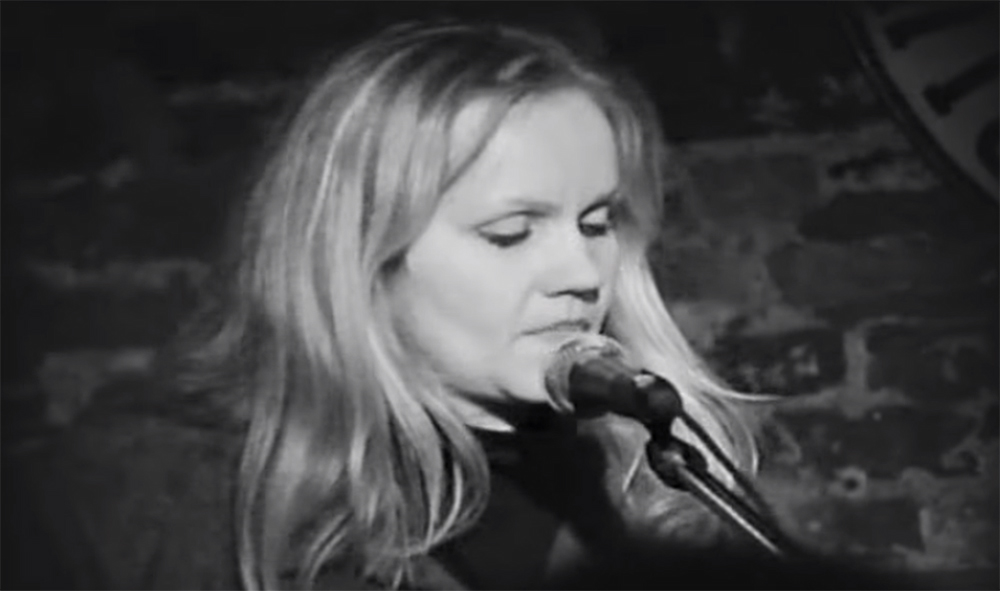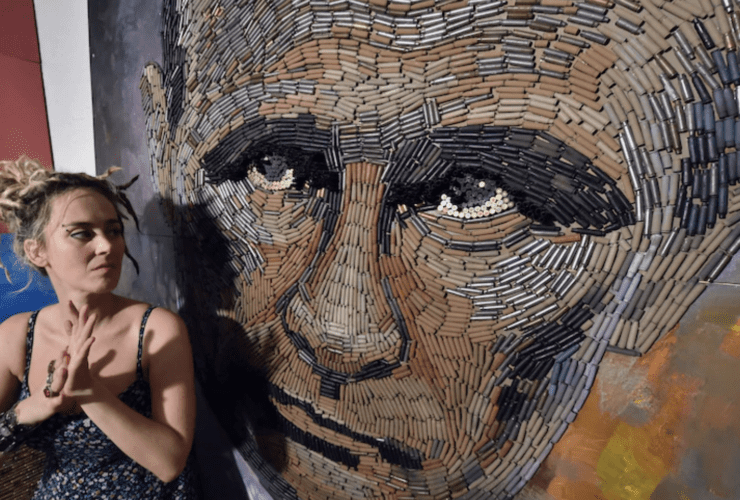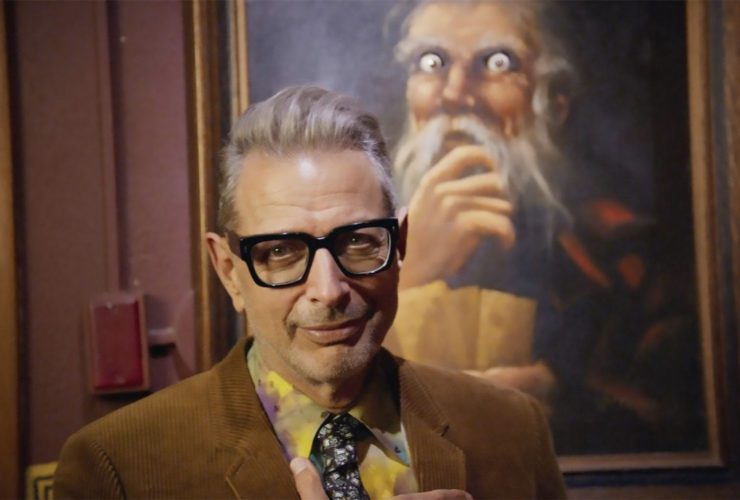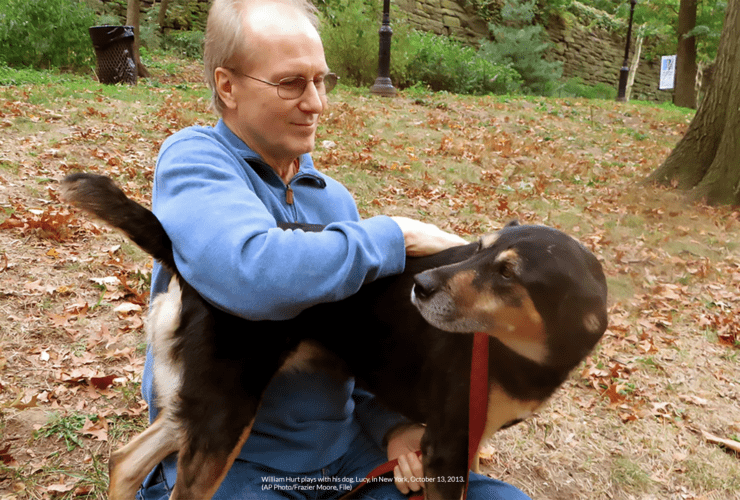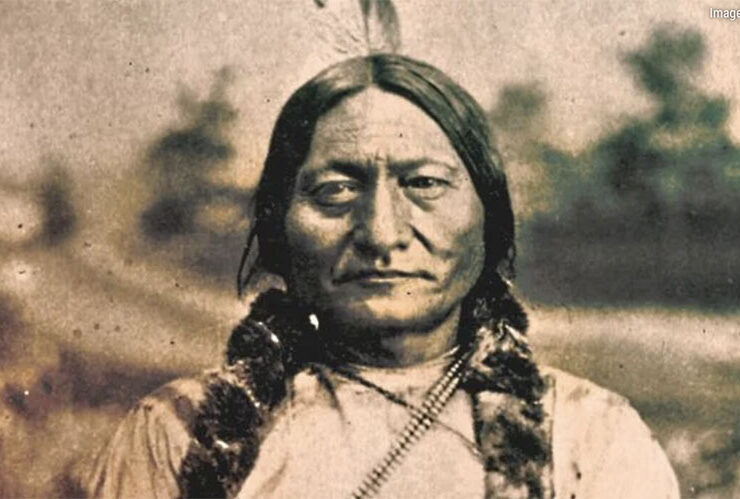Eva Marie Cassidy was an American singer and guitarist known for her interpretations of jazz, folk, and blues music, born with a powerful, emotive soprano voice.
In 1992, she released her first album, The Other Side, a set of duets with go-go musician Chuck Brown, followed by the 1996 live solo album titled Live at Blues Alley. Although she had been honored by the Washington Area Music Association, she was virtually unknown outside her native Washington, D.C. She died of melanoma in 1996 at the age of 33.
Two years after her death, Cassidy’s music was brought to the attention of British audiences, when her versions of “Fields of Gold” and “Over the Rainbow” were played by Mike Harding and Terry Wogan on BBC Radio 2.
Following the overwhelming response, a camcorder recording of “Over the Rainbow,” taken at Blues Alley in Washington by her friend Bryan McCulley, was shown on BBC Two’s Top of the Pops 2.
Shortly afterwards, the compilation album Songbird climbed to the top of the UK Albums Chart, almost three years after its initial release. The chart success in the United Kingdom and Ireland led to increased recognition worldwide.
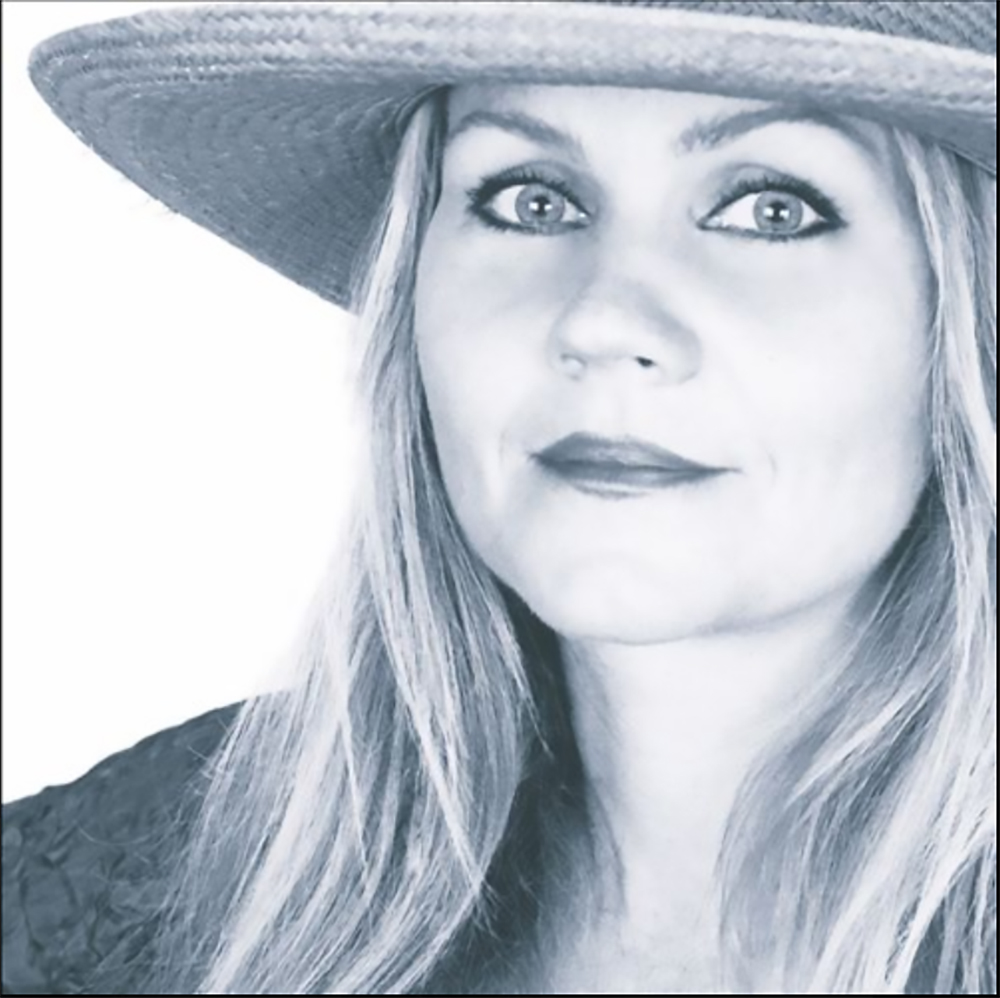
Her posthumously released recordings, including three number-one albums and one number-one single in the UK, have sold more than ten million copies. Her music has also charted within the top 10 in Australia, Germany, Norway, Sweden and Switzerland.
Early life
Born on February 2, 1963, at the Washington Hospital Center in Washington, D.C., Cassidy grew up in Oxon Hill, Maryland, and later Bowie, Maryland. She was the third of four children. Her father, Hugh Cassidy, is a teacher, sculptor, musician, former army medic, and world champion powerlifter of Irish and Scottish descent, while her mother, Barbara (née Kratzer), is a German horticulturist from Bad Kreuznach.
From an early age, Cassidy displayed interest in art and music. When she was nine, her father began teaching her to play the guitar, and she began to play and sing at family gatherings.
At age 11, Cassidy began singing and playing guitar in a Washington-area band called Easy Street. This band performed in a variety of styles at weddings, corporate parties, and pubs. Due to her shyness, she struggled with performing in front of strangers.
While a student at Bowie High School, she sang with a local band called Stonehenge. During the summer of 1983, Cassidy sang and played guitar six days a week at the theme park Wild World. Her younger brother Dan, a fiddler, was also a member of this working band. She enrolled in art classes at Prince George’s Community College but dropped out after finding them unhelpful.
Throughout the 1980s, Cassidy worked with several other bands, including the techno-pop band Characters Without Names. During this period, she also worked as a propagator at a plant nursery and as a furniture painter. In her free time, she explored other artistic expressions including painting, sculpting, and jewelry design.
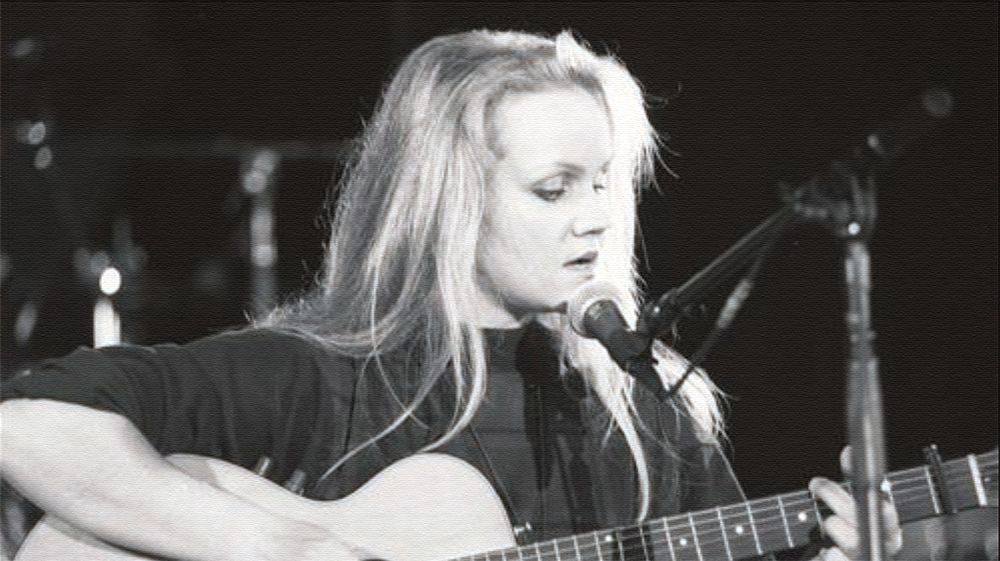
“There is something about her voice – a quality – that you really can’t put into words. It’s a magical quality.”
—Sting
Music Career
In 1986, Cassidy was asked by Stonehenge guitarist and high school friend, David Lourim, to lend her voice to his music project, Method Actor. This brought her to Black Pond Studios, where she met recording engineer and bassist Chris Biondo. Biondo helped her find work as a session singer and later introduced her to Al Dale, who would become her manager.
She sang back-ups for various acts, from go-go rhythm and blues band Experience Unlimited to rapper E-40. Biondo and Cassidy, who were in a romantic relationship for a time, formed the five-piece “Eva Cassidy Band” with Lenny Williams, Keith Grimes and Raice McLeod in 1990. They began to perform frequently in the Washington area.
In 1992, Biondo played a tape of Cassidy’s voice for Chuck Brown, the “Godfather of go-go.” It resulted in the duet album The Other Side featuring performances of classic songs such as “Fever,” “God Bless the Child,” and what would later become Cassidy’s signature song, “Over the Rainbow.”
The album was released and distributed in 1992 by Liaison Records, the label that also released Brown’s Go-go albums. Brown originally intended to record an additional duet with Cassidy for his next solo album, but this was postponed due to ongoing negotiations between Dale and other labels for a solo deal. Cassidy’s unwillingness to narrow her stylistic focus to one genre hindered her chances of securing a deal.
In 1993, Cassidy was honored by the Washington Area Music Association with a Wammie award for the Vocalist Jazz/Traditional category.
The next year she was invited to perform at the event and chose to sing “Over the Rainbow.” A Washington Times review of the event called her performance “a show-stopper.” She took home two Wammies that night, again for Vocalist Jazz/Traditional and also for Roots Rock/Traditional R&B.
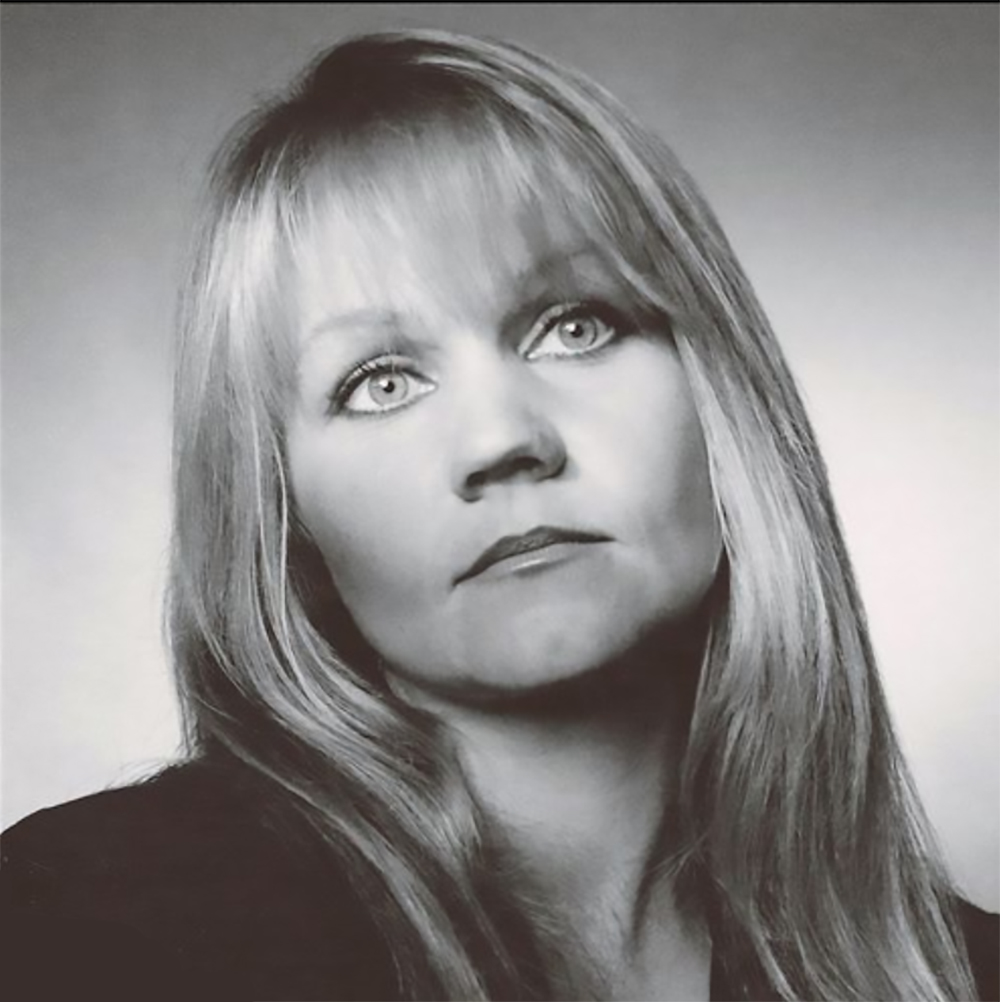
For a brief period that year, Cassidy signed a deal with Blue Note Records to pair up with pop-jazz band Pieces of a Dream to release an album and tour the country. She sang two tracks in a mainly instrumental album. It was a musically unsatisfying experience for her.
After having a potential contract with Apollo Records collapse when the label went bankrupt, Biondo and Dale decided that she should release her own live album. On January 2–3, 1996, the material for Live at Blues Alley was recorded at Blues Alley in Washington, D.C. Due to a technical glitch on the first night of recording, only the second night’s recording was usable, with 12 songs released on the resulting album. (The complete set of 31 songs recorded that night was eventually released 20 years later as Nightbird in 2015.) Unhappy with the way she sounded due to a cold, she was reluctant to release the album.
“She was an angel, very humble and shy. She would listen more than talk… I remember lots of times, we were playing and it was just empty and dead. She seemed to like those nights, because there wasn’t as much pressure. In fact, she’d be more relieved when hardly anybody was out there.”
—Cassidy’s bandmate Biondo
She eventually relented, on the condition that the studio track “Oh, Had I a Golden Thread,” Cassidy’s favorite song, would be included in the release, and that they start working on a follow-up studio album. Her apprehension appeared unfounded as local reviewers and the public responded positively.
The Washington Post commented that “she could sing anything — folk, blues, pop, jazz, R&B, gospel — and make it sound like it was the only music that mattered.” The subsequent studio album she worked on was released posthumously as Eva by Heart in 1997. In the liner notes of Eva by Heart, music critic Joel E. Siegel described Cassidy as “one of the greatest voices of her generation.”
Gone too Soon
In 1993, Cassidy had a malignant mole removed from her back. Three years later, during a promotional event for the Live at Blues Alley album in July 1996, Cassidy noticed an ache in her hips, which she attributed to stiffness from painting murals while perched atop a stepladder.
The pain persisted and X-rays revealed a fracture. Further tests found that cancer had spread to her bones, causing the fracture, as well as to her lungs. Her doctors estimated she had three to five months to live. Cassidy opted for aggressive treatment, but her health deteriorated rapidly.
On September 17, at a benefit concert for her at the Bayou, she made her final public appearance, closing the set with “What a Wonderful World” in front of an audience of family, friends, and fans.
Additional chemotherapy was ineffective and Cassidy died on November 2, 1996 at her family’s home in Bowie, Maryland. In accordance with her wishes, her body was cremated and the ashes were scattered on the lake shores of St. Mary’s River Watershed Park, a nature reserve near Callaway, Maryland.
Find out more about Eva on her website at: evacassidy.org
